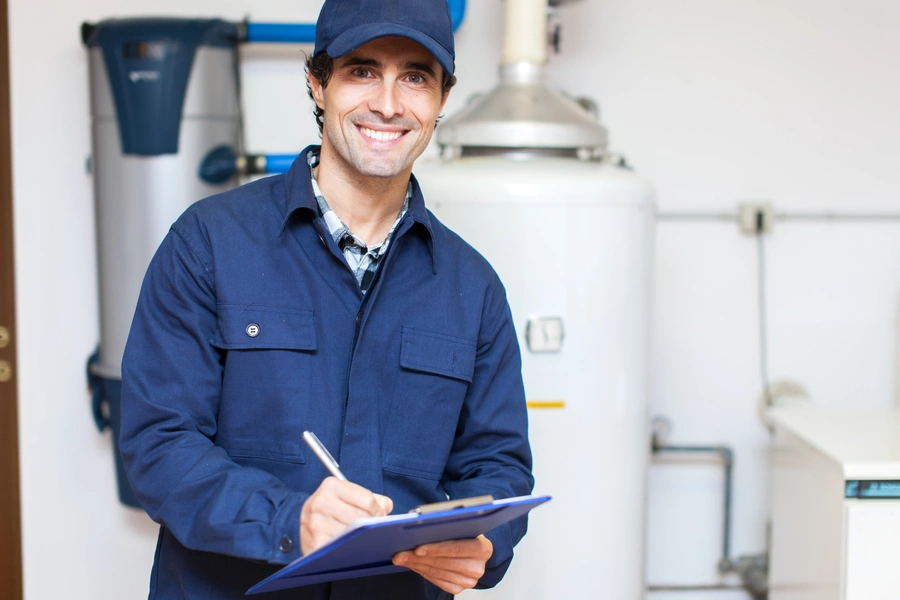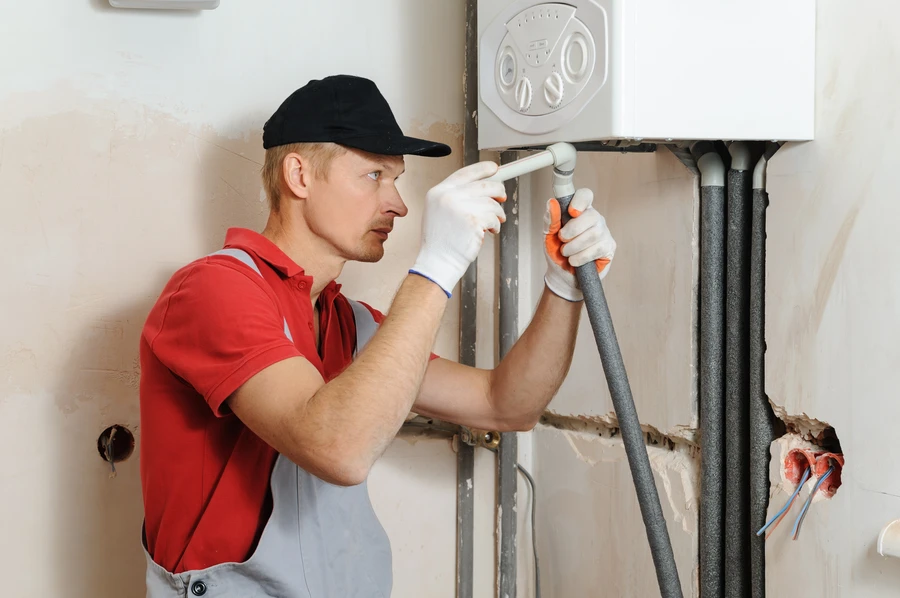Deciding Between Traditional and Modern Heating Systems
Choosing the right water heating system for your home is crucial. It impacts your energy bills, comfort, and overall satisfaction with your hot water supply. The decision often boils down to two main types: tank and tankless water heaters. Each option has its own set of benefits and drawbacks that homeowners need to consider before proceeding with installation. Understanding these differences can help you make an informed choice that best suits your household needs.

Pros of Tank Water Heaters
Tank water heaters are known for their reliability and lower upfront cost. They store a large volume of heated water, making them ideal for homes with high hot water demand at multiple points in time. Their straightforward technology makes them easier and cheaper to repair compared to their tankless counterparts. Additionally, they can be a better fit in areas where electricity is expensive or unreliable.
Advantages of Tankless Water Heaters
Tankless water heaters provide on-demand hot water without storing it. This type of system heats water only when needed, leading to potential savings on energy bills. They are compact, taking up less space than traditional tanks, and have a longer lifespan. Plus, they offer the advantage of endless hot water supply, which can be particularly appealing for larger families or households with high hot water usage.

Installation Costs: A Key Factor
When considering water heater installation, initial costs are important. Tank systems typically have lower purchase and installation costs. However, operating costs may be higher due to constant reheating of stored water. On the other hand, tankless systems have a higher upfront expense but can lead to significant savings over time due to energy efficiency. Evaluating these costs in the context of long-term savings is essential.
Space and Placement Concerns
The physical footprint of your heating system might influence your decision. Traditional tank heaters require more room due to their size. They need ample space for both the unit itself and routine maintenance access. In contrast, tankless models are wall-mounted, freeing up floor space and offering flexible placement options in smaller homes or apartments.
Efficiency and Environmental Impact
Tankless water heaters generally offer better energy efficiency because they heat water only as it is used. This can result in reduced carbon emissions, making them more environmentally friendly than traditional tank systems. If reducing your carbon footprint is a priority, investing in a tankless model could align better with your values.
Understanding Maintenance Requirements
Maintenance plays a significant role in the lifespan and performance of either system. Traditional tanks may require regular flushing to remove sediment buildup. While tankless units also need maintenance, such as descaling to prevent mineral deposits, they usually involve different procedures given their technology. Knowing what each type requires helps ensure longevity and optimal performance.
Final Thoughts on Choosing Your Water Heater
Selecting between a tank and tankless system involves weighing several factors like cost, space, efficiency, and maintenance. Each type offers unique advantages that cater to different needs and preferences. Contact Maximum Heating and Cooling LLC at (734) 771-7728 to discuss the best option for your home. Based in Romulus, MI, we offer expert advice and high-quality installation services tailored to meet your specific requirements.